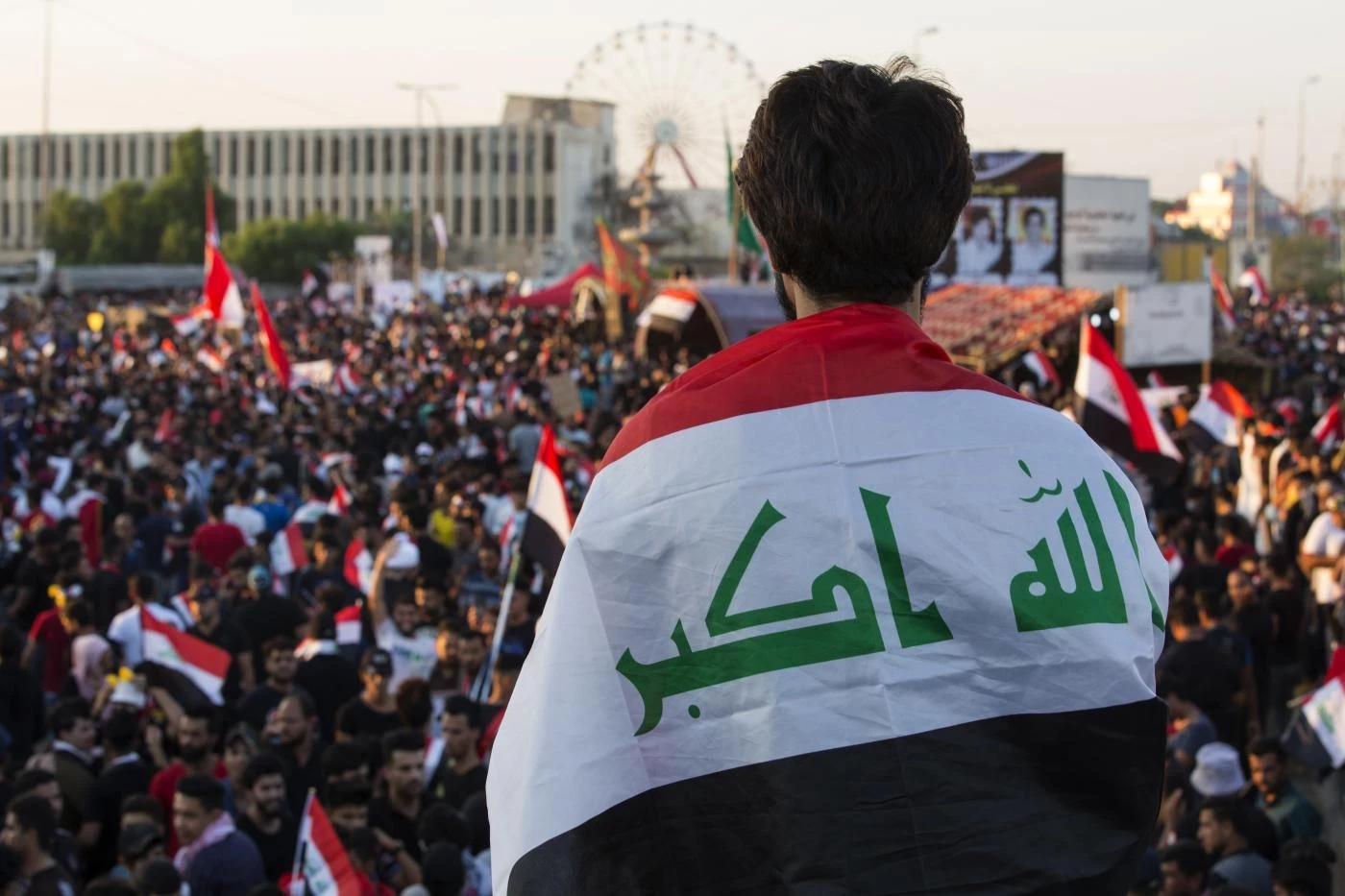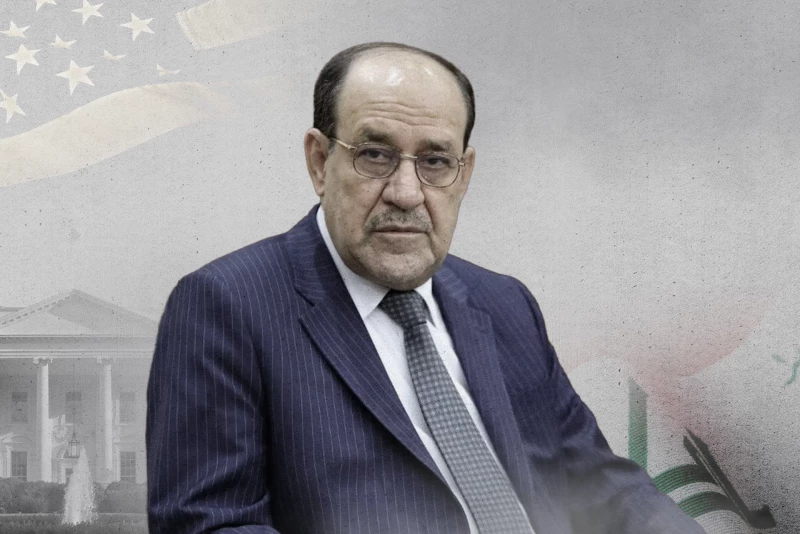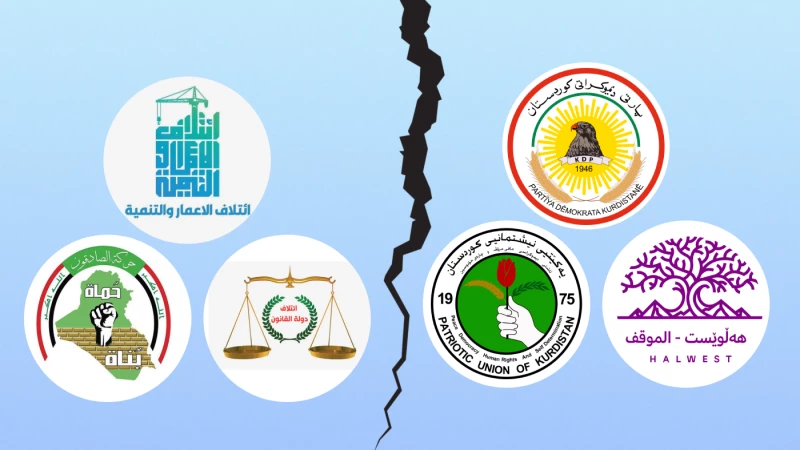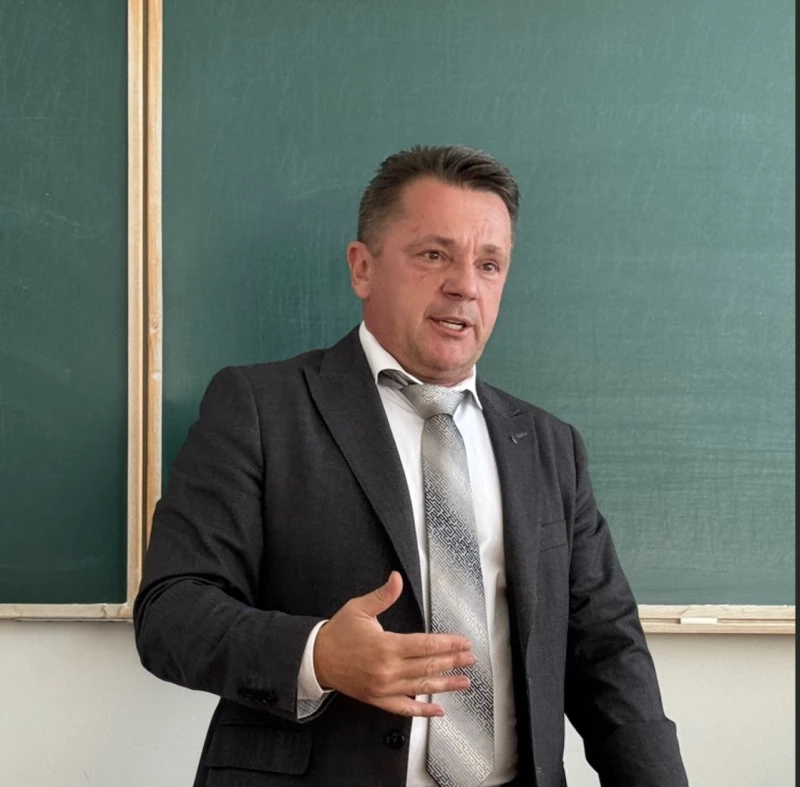As Iraqis prepare for the upcoming parliamentary elections, concerns are growing that this cycle could see the highest representation of armed factions and religious parties since 2003. Behind this expectation lies a fundamental reason: the politicization of transitional justice institutions, primarily the “Accountability and Justice Commission,” which was supposed to be a tool for historical fairness and national reconciliation. Instead, it has turned into a tool for systematic exclusion and political score-settling.
In democratic theories and transitional justice experiences worldwide, such commissions are created to ensure truth-telling, victim justice, and closing past chapters in a spirit of reconciliation. However, the Iraqi experience has deviated from this path. Accountability and justice procedures have become a means to undermine the principle of equal opportunity and empty the electoral process of its competitive essence.
Historical background: From Baath purge to accountability and justice
The commission’s roots go back to 2003, when the Coalition Provisional Authority established the “De-Baathification Commission” to remove leaders and members of the former ruling party from state institutions in an attempt to prevent the return of the previous regime. Over time, however, this commission turned into a political tool in the hands of powerful factions.
In 2008, the parliament passed the Accountability and Justice Law No. 10 to replace the De-Baathification Commission, with promises to limit its term and end its work after submitting its final report. However, the prolonged existence of the commission, the expansion of its powers, and the absence of independent mechanisms to review its decisions turned it from a temporary tool of transitional justice into a permanent institution for political exclusion.
Article 25 of the Accountability and Justice Law states that the commission should be dissolved after submitting its final report to the parliament, which would then vote on its dissolution. In a move that seemed consistent with the government program and the political agreement paper formed after the 2021 elections, the prime minister officially requested the commission submit its final report in preparation for dissolution.
What happened, however, was the opposite. The parliament failed to implement this obligation, and its then-speaker, Muhammad al-Halbousi, went in the exact opposite direction by voting to confirm the current commission head, keeping this issue open and nullifying any attempt to close it.
One of the main reasons the commission continues to operate is a Sunni political desire, supported by Shiite complicity, to keep this file alive. This continuation is not only aimed at excluding opponents from other groups but is also used to eliminate rivals within the Sunni community itself, giving certain parties a pressure card and monopoly in representing the Sunni political scene.
Ultimately, this equation benefits the armed forces and dominant religious parties in the state, who see the continuation of the commission as a guaranteed way to secure their electoral advantage and exclude their opponents, especially civil and nationalist forces that lack armed protection networks or religious backing.
If this dominance over transitional justice institutions continues, the upcoming elections will not be a field of free competition but more like a race from which inconvenient parties are excluded in favor of the powerful factions that control influence and weapons. Democracy thus becomes a formal facade, while its results are controlled behind the scenes through legal and political exclusion tools.
Closing the accountability and justice file, as stipulated by law, is not only a technical or procedural option but a necessary step to save what remains of the democratic process in the country. Continuing the current reality threatens to cement a closed political system controlled by armed factions and religious parties without competition, eliminating any hope for a real peaceful transfer of power.
Saving the democratic path requires political will that goes beyond temporary deals, committing to separating transitional justice from electoral conflict and returning it to its original function: closing with the past, not reusing it as a tool in a bid to control the political present.
The views expressed in this article are those of the writer and do not necessarily represent the position of The New Region



 Facebook
Facebook
 LinkedIn
LinkedIn
 Telegram
Telegram
 X
X


